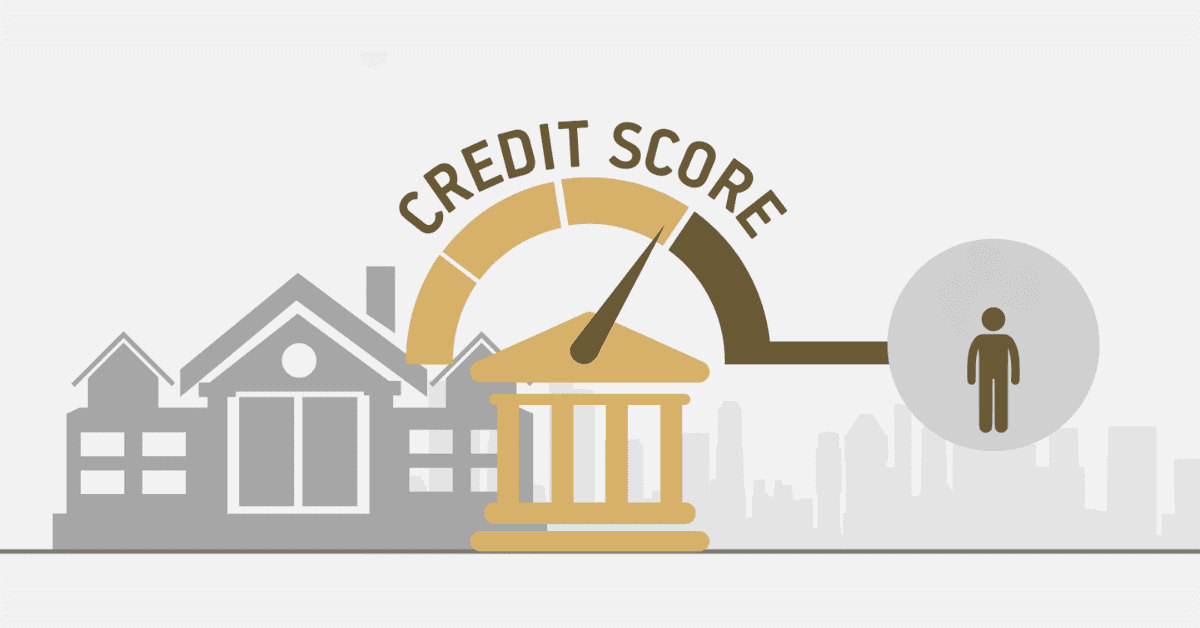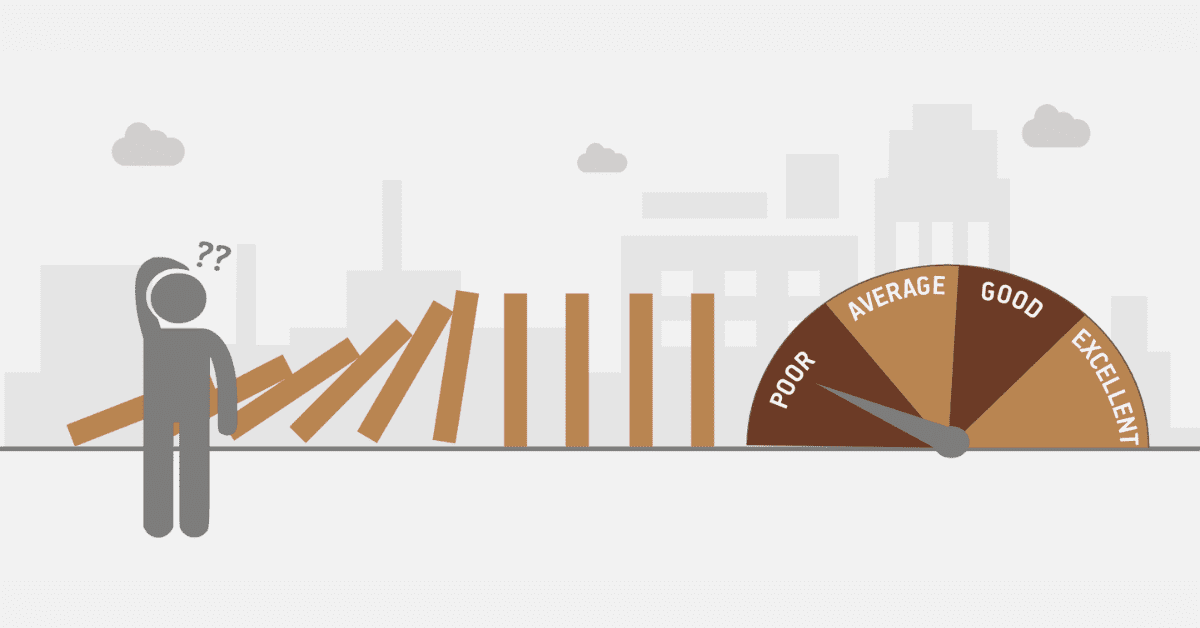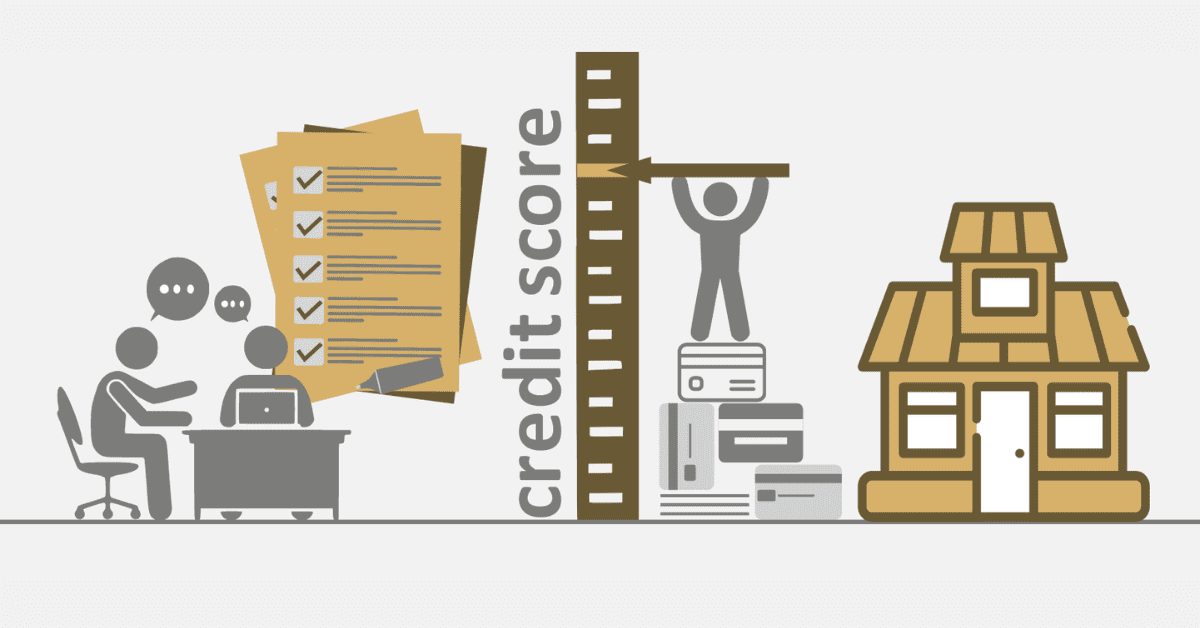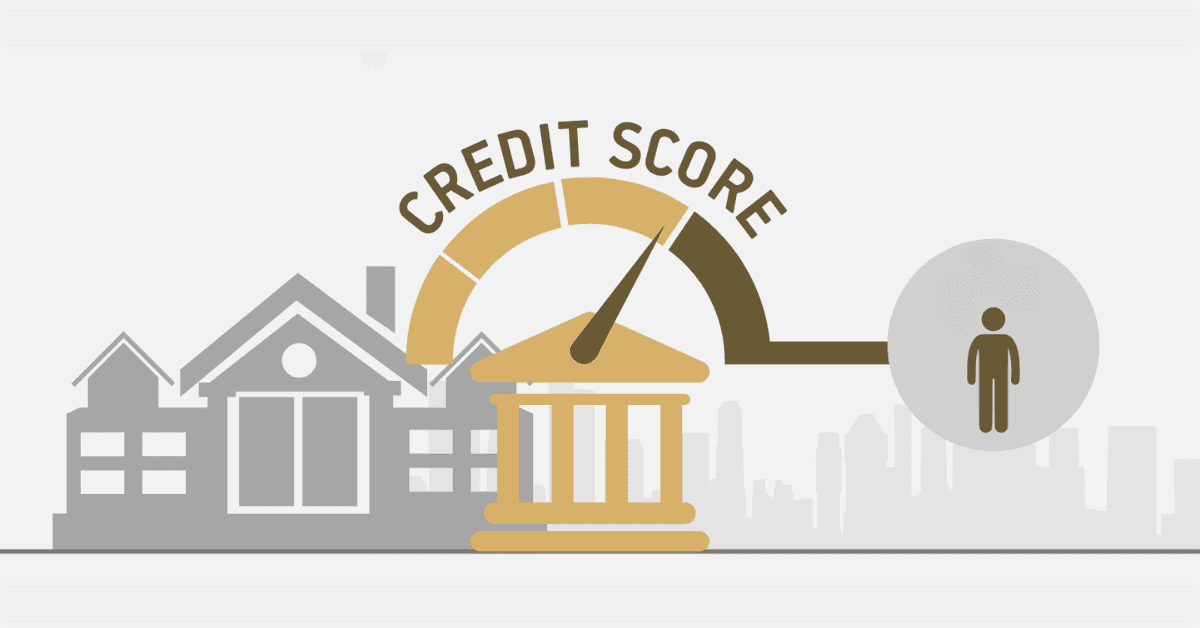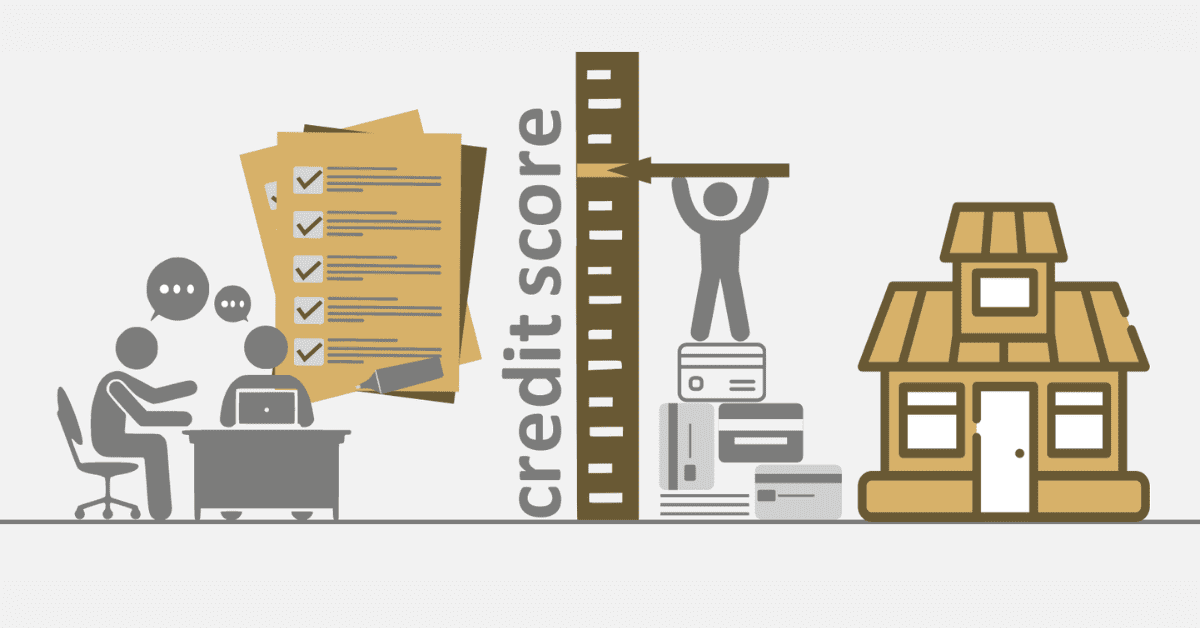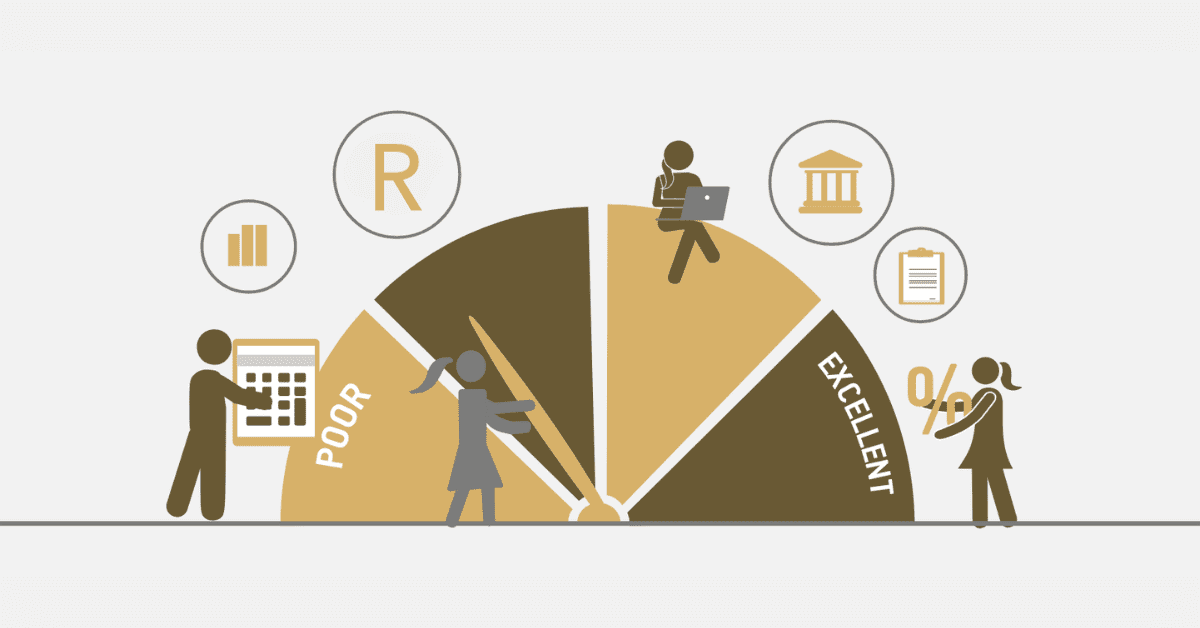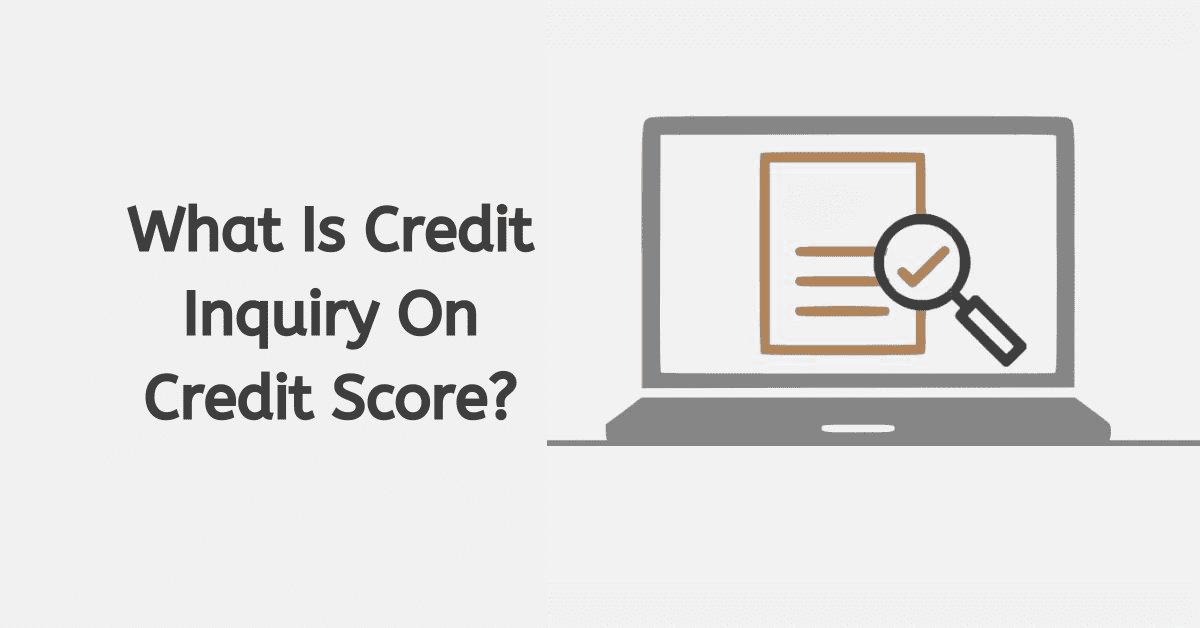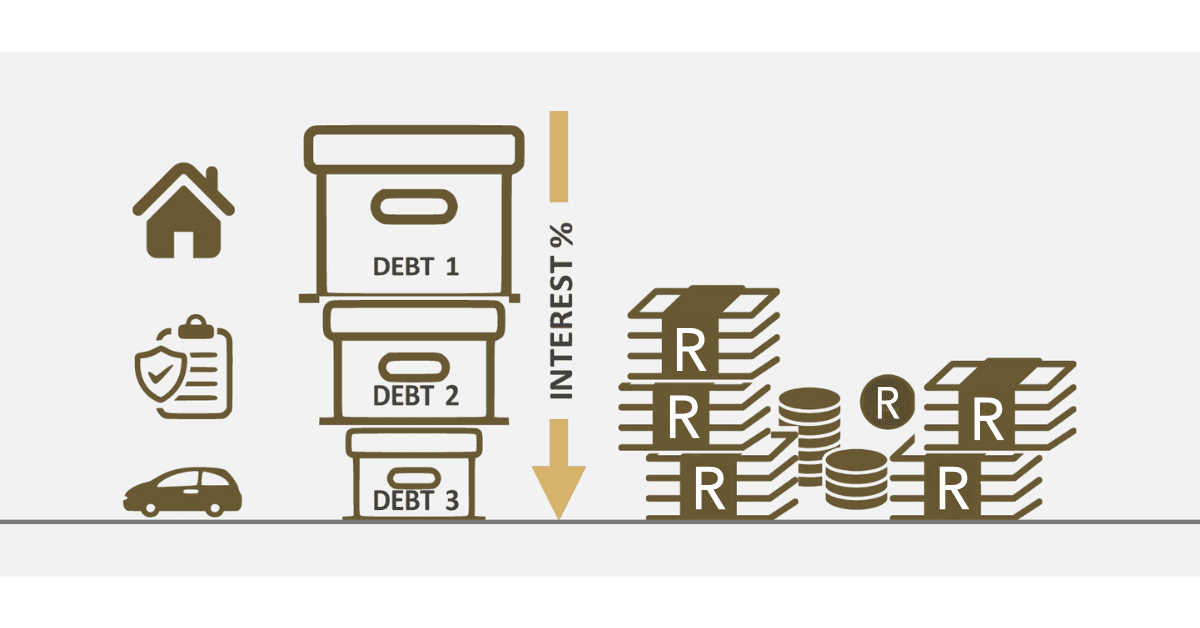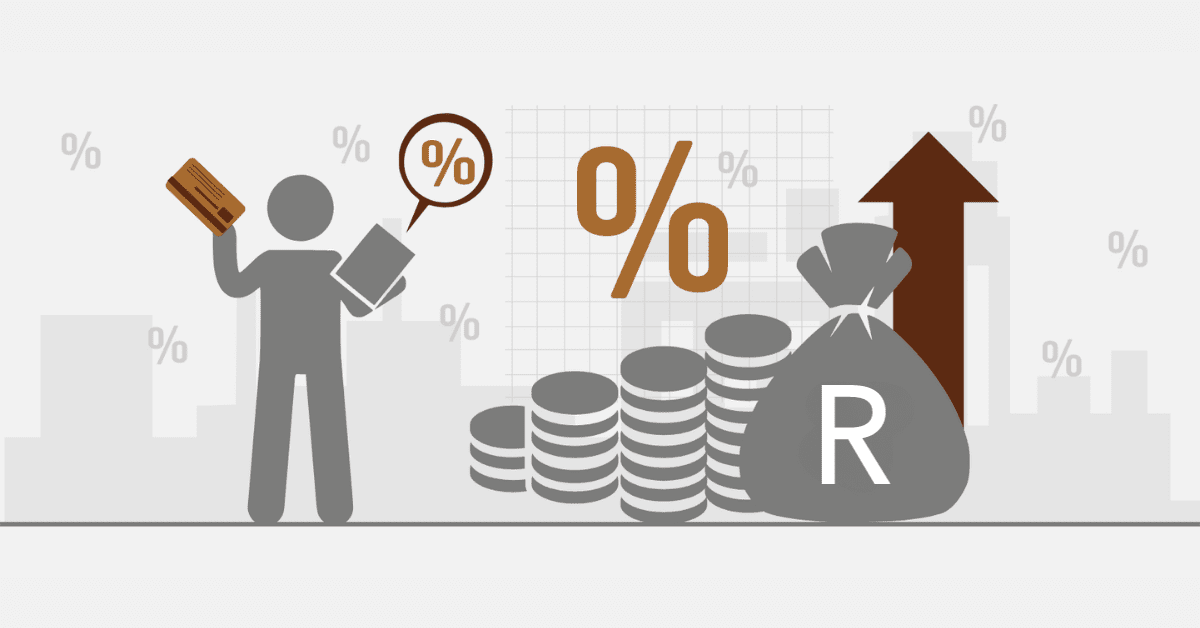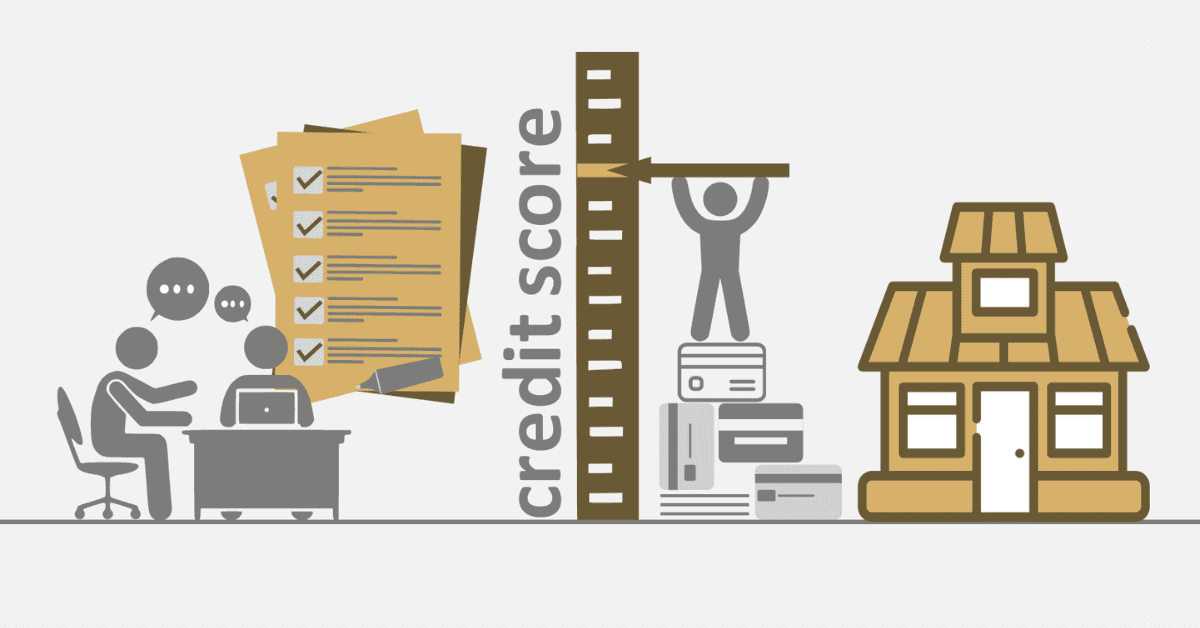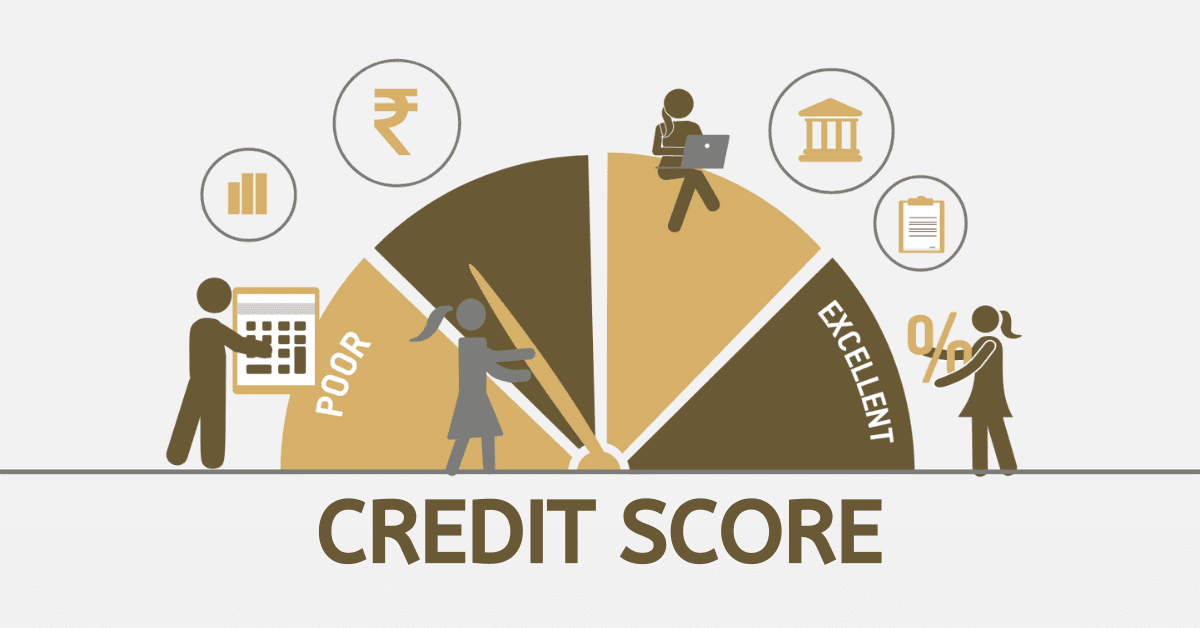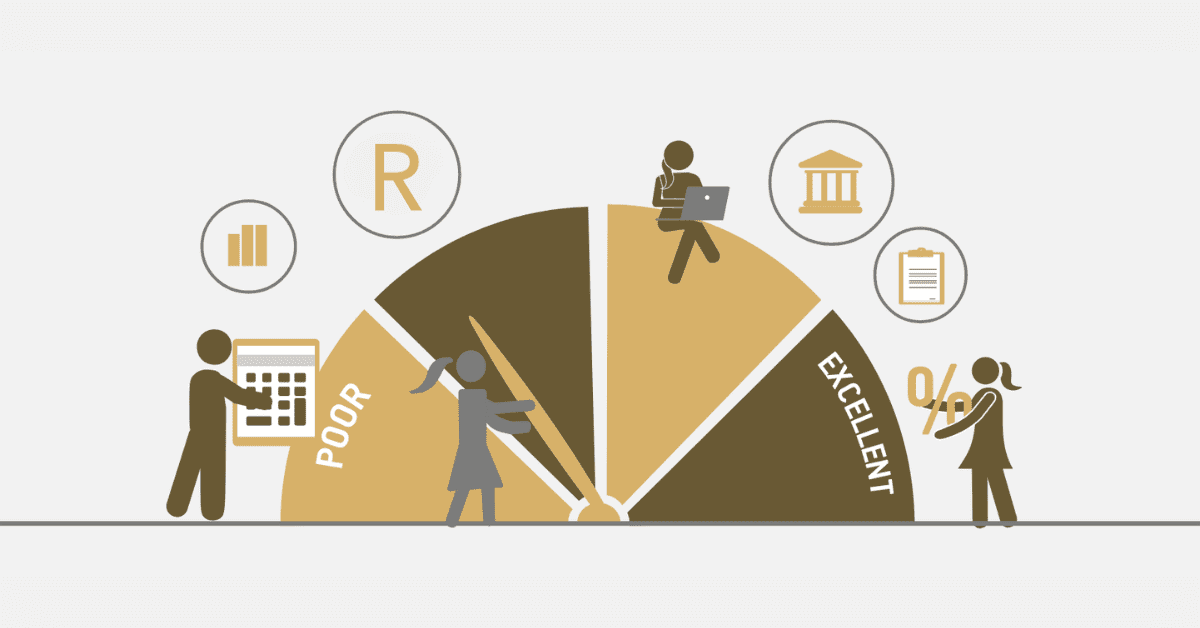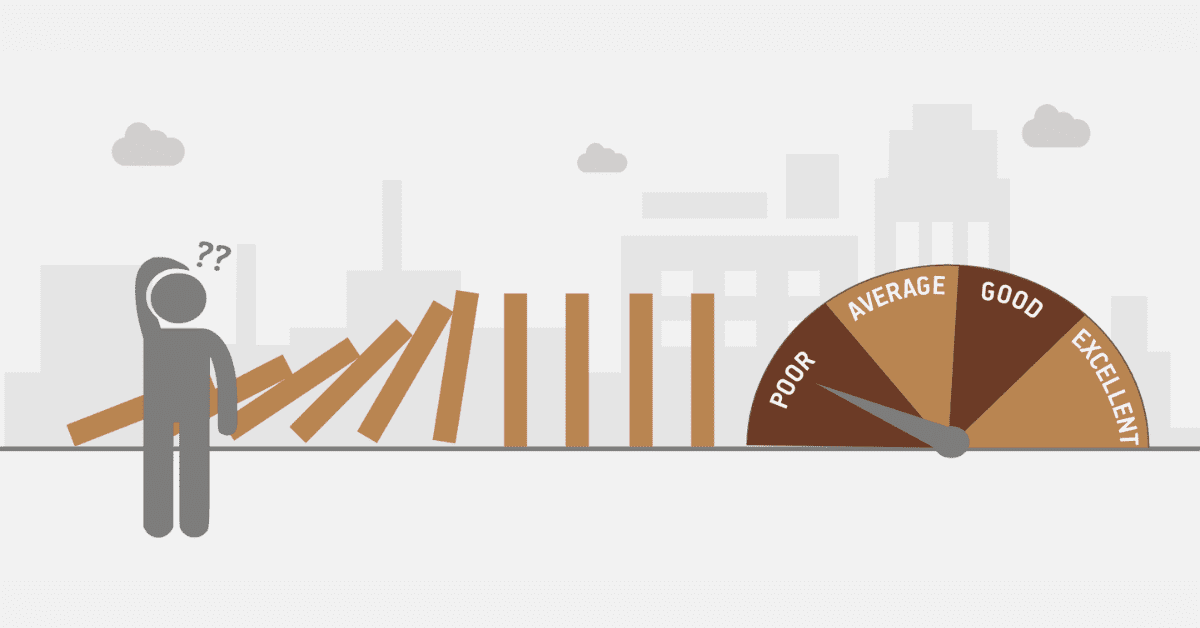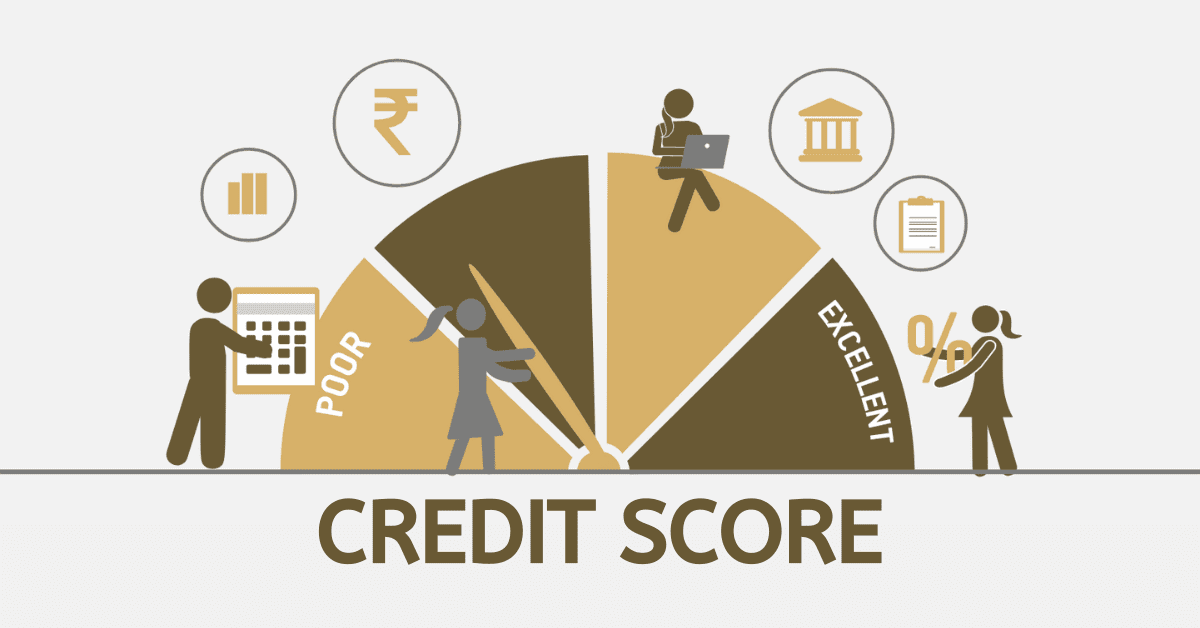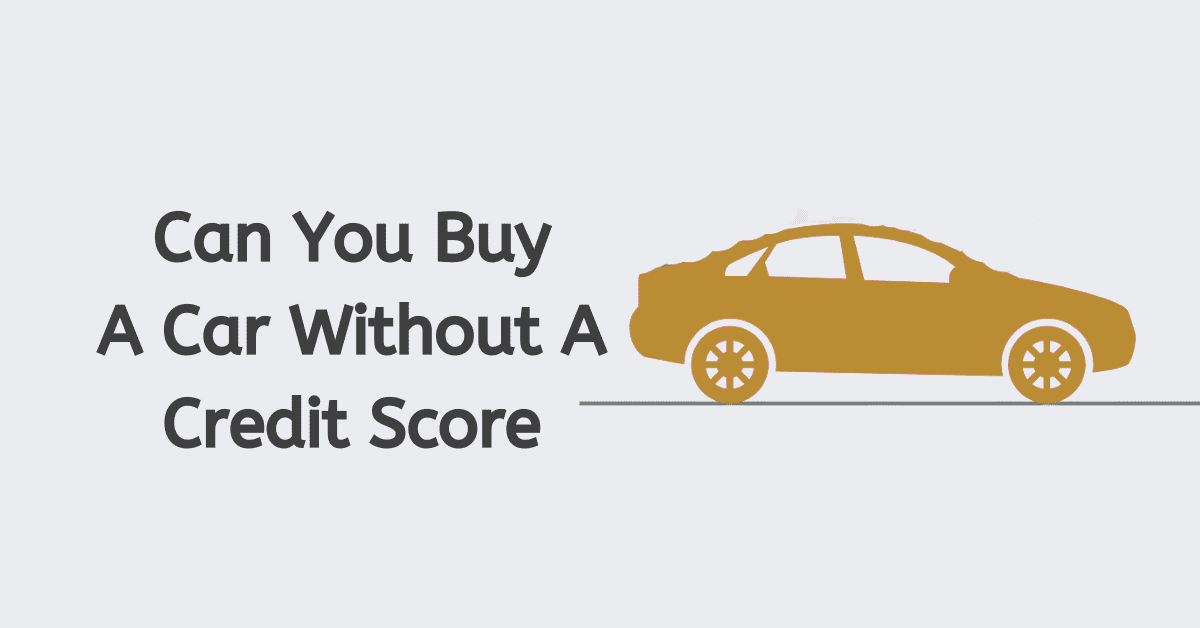A lot of people feel like they are carrying too much debt. A lot of people are in the same situation as you trying to balance their finances and deal with mounting debts. Still, there is hope.
You can take charge of your funds and move toward a debt-free future by getting debt counselling and consolidating your debt.
Debt counselling gives you personalized help and support from financial experts to help you understand your financial situation, make a budget, and come up with a plan to get rid of your bills. When you consolidate your debt, you combine several debts into one easier payment, and the interest rate is generally lowered.
We will get into the details of debt counselling and consolidation in the next few posts, talking about the pros, cons, and schedules for each. We hope to give you the knowledge and information you need to begin the process of dealing with debt.
What happens to your credit score after debt counselling
There are different ways that debt counselling can hurt your credit score, based on your situation and how you handle the process.
Debt counselling can help you get back in control of your finances and possibly even raise your credit score in the long run by giving you an organised plan for paying off your debts.
Working with a counsellor to make a budget and plan for how to pay off your debt shows lenders that you are taking control of your debt, which can improve your trustworthiness.
After going through debt counselling, you will be able to apply for loans. But you must make sure to follow the plan that was drawn to you.
Overall, going to debt counselling might lower your credit score for a short time, but the long-term benefits of getting your finances in order and paying off your bills can outweigh this short-term setback. Your credit score will slowly go up over time if you are responsible with your money and follow through on your payback plan.
Does debt counselling affect credit score South Africa?
The components of the credit score intercedes and connects. In South Africa debt counseling as an initiative has come to support individuals who cannot get a grasp of their credit score.
Of course, debt counselling can affect your credit score. But the process can differ. There could be a negative and a positive effect on it. But as on this, how it affects your credit score in South Africa can be pre-determined by how you approach it.
What is the difference between debt counselling and debt consolidation?
Debt counselling and debt consolidation are both ways to help people deal with and lower their debt, but they work very differently and have very different outcomes.
A certified financial counsellor or adviser can help people understand their finances, make a budget, and come up with a plan to pay off their debts.
The counsellor tells clients how to handle their money and how to pay off their debts. If necessary, the counsellor may also talk to the clients’ debtors on their behalf to lower interest rates or set up more manageable payment plans.
Debt counselling is meant to give people the tools they need to handle their money well and make smart decisions that will protect their funds in the long term.
Putting together several debts into one loan or payment plan generally with a lower interest rate or monthly payment is called debt consolidation.
Combining several payments into one makes paying off debt easier and makes handling money easier. You can get a personal loan, move all of your balances to one credit card, or use a debt consolidation tool or service to consolidate your debt.
Debt reduction focuses on reorganizing debt so that it is easier to handle, while debt counselling focuses on teaching people about money and giving them more control over their finances. Every method has its benefits, and some cases may call for one over the other. People who are in debt need to carefully consider their options and talk to professionals to find the best way to handle their money.
How long does it take to be removed from debt counselling?
When there is a process for debt counselling, the timeline is not only determined by the counsellors. Not even the debtor or the court.
The entire process of debt counselling entails a lot of restructuring of your entire finances.
However, based on the usual debt counselling in South Africa, it can take not less than 3 years for debt counselling to be removed from your credit.
Individuals who may get into debt counselling should have it in mind to estimate a period of 3 to 4 years to have their debt counselling removed.
